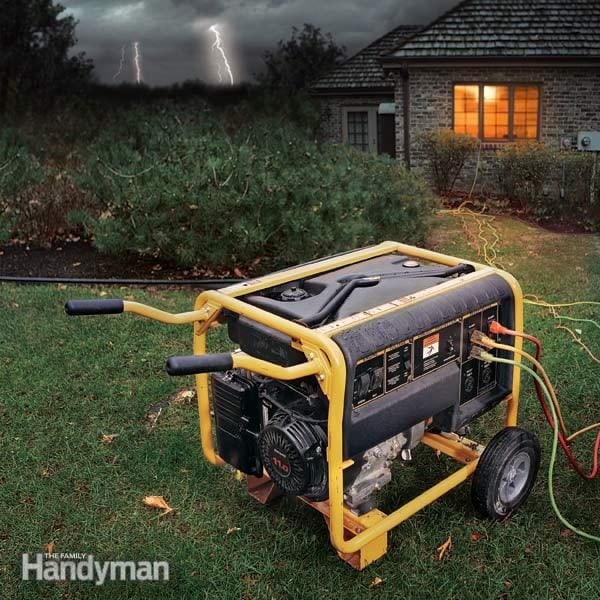
Run a generator indoors during a power outage
A generator is the best thing to have in a blackout. But it can make you blackout (or die). Hurricane Katrina led to more than 50 cases of carbon monoxide poisoning. Like any internal combustion engine, a generator engine exhausts carbon monoxide gas, which can give you a headache, knock you out or even kill you. This is easy to avoid, though: Don’t run a generator in your garage or porch, and keep it at least 10 ft. away from your house.
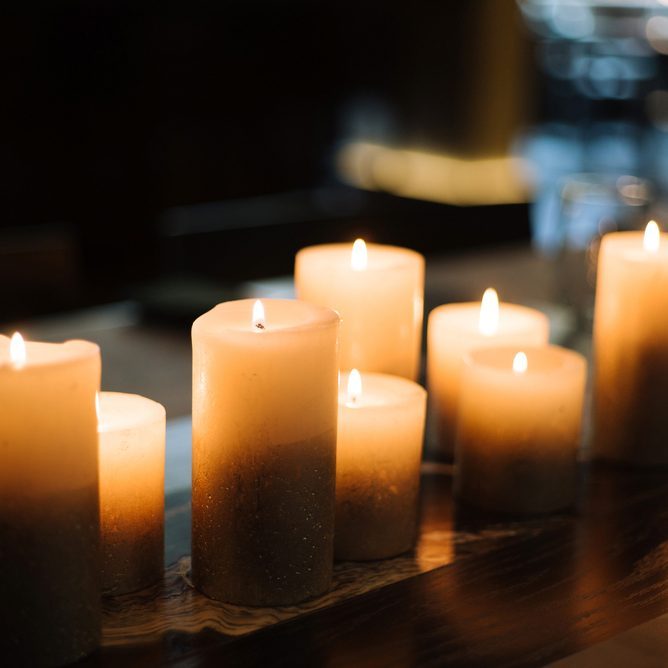
Use Candles
Avoid using candles. If a fire starts, there may be no phone service, the fire department may not be able to get to you, and fire hydrants may not be working. Flashlights produce more light and won’t burn your house down.

Talk on the Phone
Your home is probably the safest place to be in an electrical storm. But here’s a safety tip you may not know. Lightning can still get to you through the conductive paths in your house; that means your wiring, your plumbing and water. Talking on a corded phone, taking a shower or bath, working on your desktop computer or handling power tools during an electrical storm isn’t much safer than standing outside. It’s best to stay away from all water and appliances until the storm passes.

Evacuate Your Home During a Tornado Warning
If a tornado warning is issued, your evacuation route should be as follows: Leave the room you’re in and go to either the basement or the innermost room in your home. That’s it—put down the car keys and go hide. If you do find yourself stuck in your car during severe weather, having an emergency kit in your car is smart.

Don’t Get Locked In
Garage door openers lock up when the power goes off. Make sure everyone in your home knows about the cord that releases the door from the opener. That way, they can lift the door open and get the car out in an emergency.
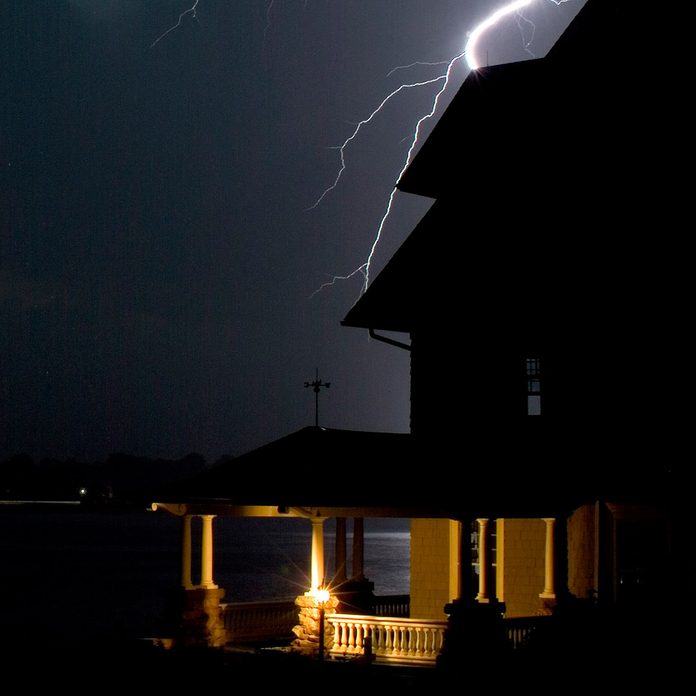
Be Unsure of Your Safe Place
Whether you’re at home or the office, know where you’re going to go during severe weather. If you don’t have access to an underground shelter, move to the interior room or hallway on the lowest floor and get under a sturdy piece of furniture.

Use Electronics
If you’re wet, barefoot or standing in water, don’t use anything electric or try to plug-in power cords.
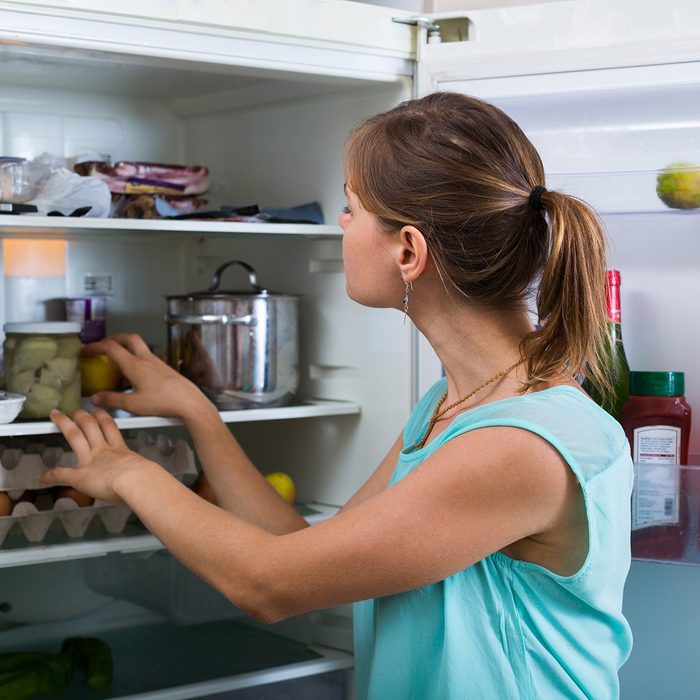
Over-Use the Fridge
Keep the fridge closed. The less you open fridge and freezer doors, the longer your food will stay cold. Every family should have a Storm Readiness Kit.
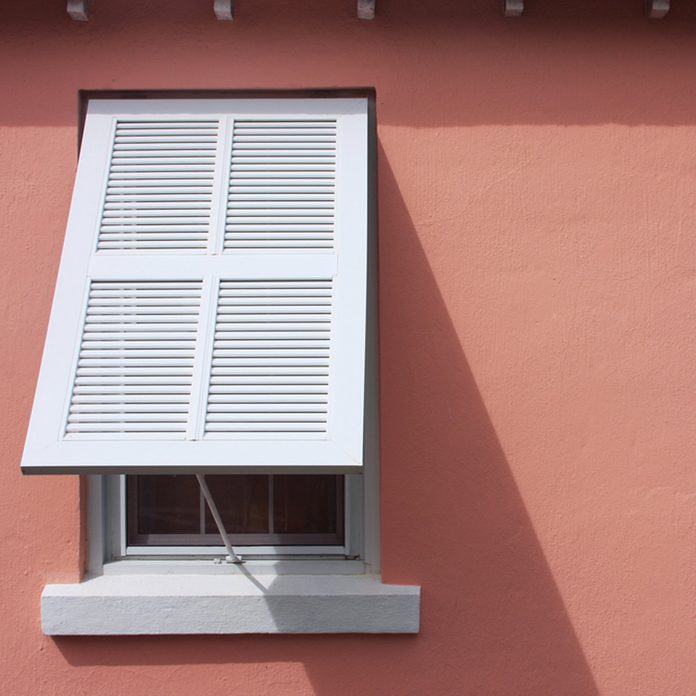
Board up Windows During a Storm
The time to board up your windows is on a calm, sunny day before a storm arrives. If you wait until a tropical system starts bringing wind and rain to the area, you’re endangering yourself. Large boards could be blown out of your hands, becoming a dangerous projectile. Listen to the forecast and make a decision several days in advance whether you’re going to board the windows or not.
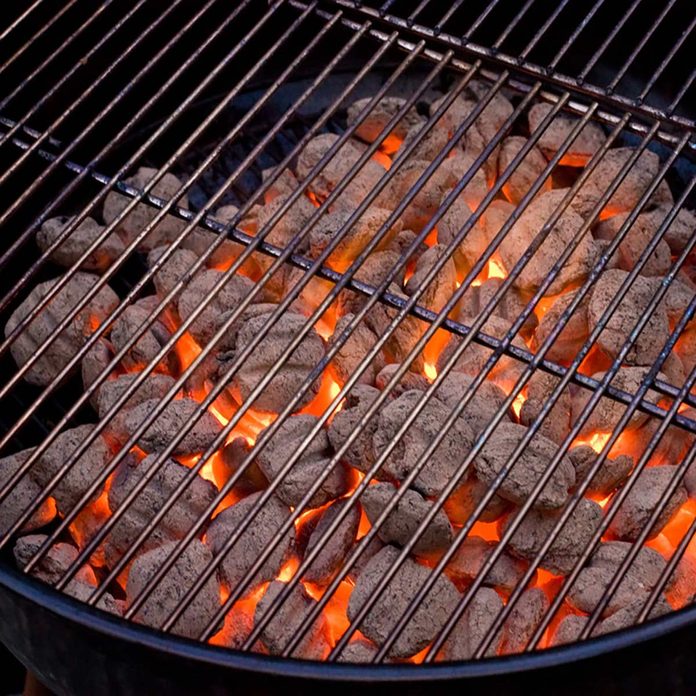
Run a Charcoal Grill Indoors During a Power Outage
Charcoal grills emit deadly carbon monoxide if you run them inside. Don’t allow yourself to make a fatal mistake. Keep your generators and grills outside, even if it’s uncomfortably cold and would be far more convenient if they were indoors.

Look Out Windows
We all know that windows are dangerous during storms, but what do most people do when they hear a tornado warning? They run right to the window to see if they can spot the tornado. In high winds, windows can easily brake sending glass and other debris inside!
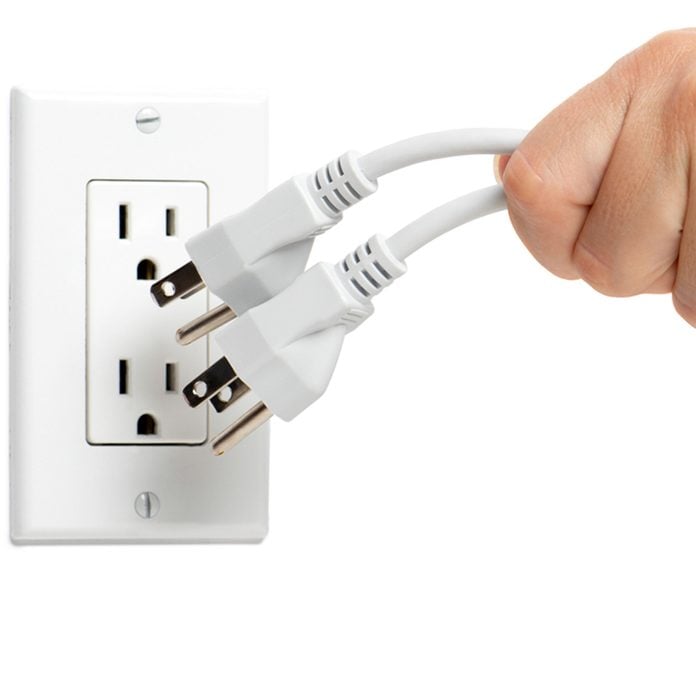
Not Unplugging Electrical Appliances if Power is Lost
Unplugging your appliances will prevent any potential damage from a power surge once power is restored.

Turn Off Your TV or Radio
When your favorite TV or radio show are interrupted because of severe weather updates, don’t just turn your device off, pay attention to the weather forecast. This will help you make an educated decision for your own safety.
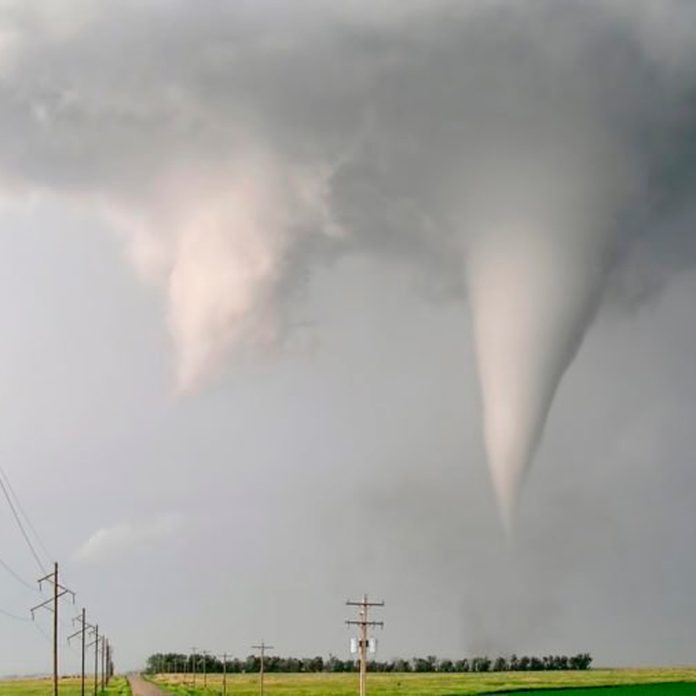
Not Taking Tornado Warnings Seriously
There are false alarms for tornado warnings all the time. However, when sirens are going off, it’s best to seek a safe shelter ASAP! This advanced warning is key to your safety. When severe weather strikes, there’s no time to think.
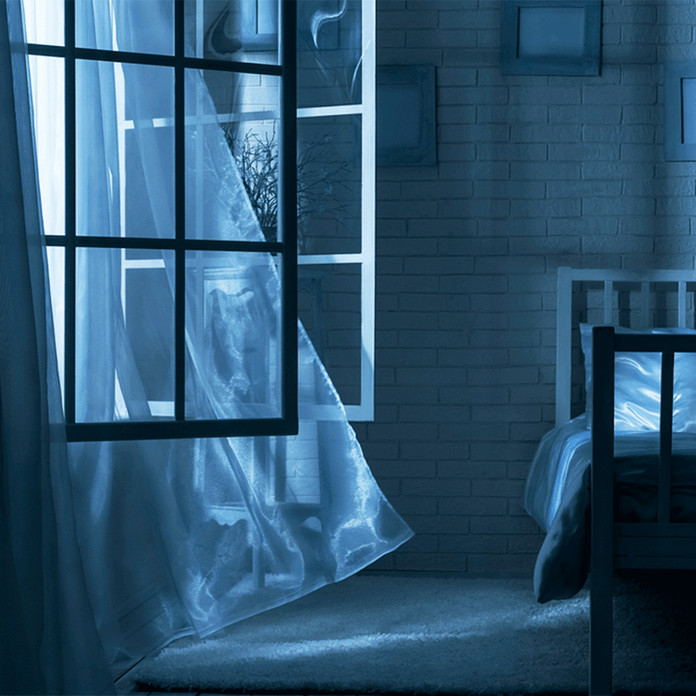
Open the Windows
Some people open their windows during a storm because they believe that the pressure will equalize and the windows won’t shatter. This is a myth! According to experts, opening the windows will only allow the strong winds into the house. The bottom line is – don’t open your windows. It’s a waste of time!

Take Safety Risks
Don’t take chances. Power outages mean packed emergency rooms and delayed ambulance service; it’s a bad time to get injured.
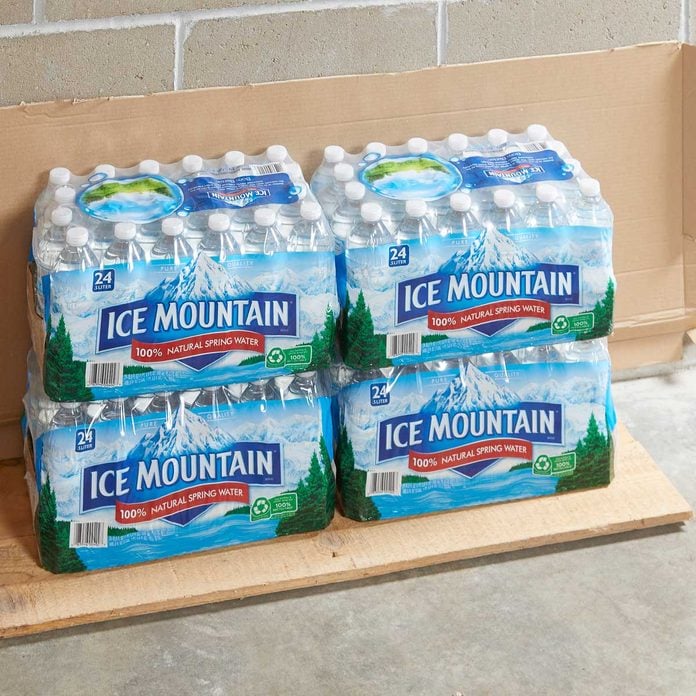
Don’t Store Plastic Water Containers Directly on a Concrete Floor
The chemicals used in concrete—not to mention oil spills on a garage floor—can leach nasty chemicals into your water supply, giving it a bad taste or making it unsafe to drink. Store your plastic containers on cardboard or on a wooden pallet.
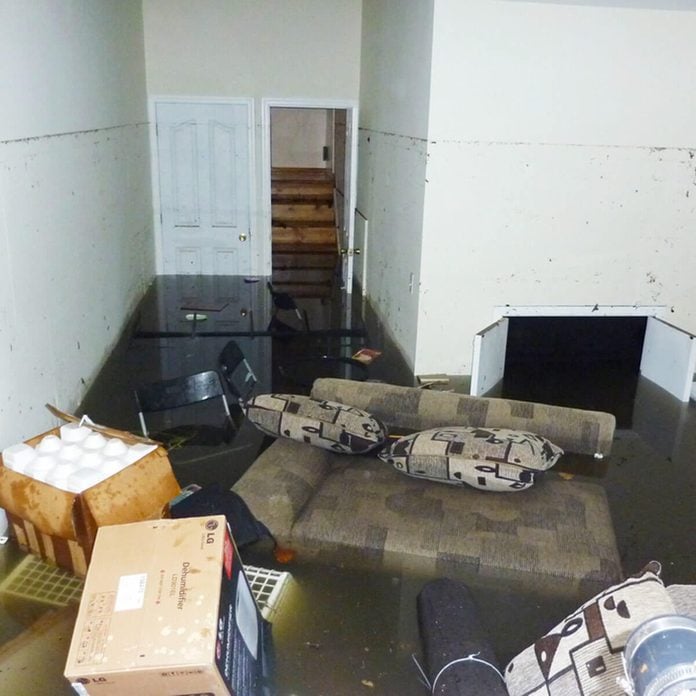
Don’t Get Shocked in a Flooded Basement
The water in a flooded basement probably isn’t electrified by your home’s electrical lines. But it could be. So instead of finding out the hard way, just consider it an energized pool of instant death until you call your utility company to disconnect your power. Then you can dive in. And after the water is gone, remember that anything electrical in the basement may still be wet, damaged and dangerous. So it’s best to leave the basement power off until your utility company or an electrician gives you the OK.